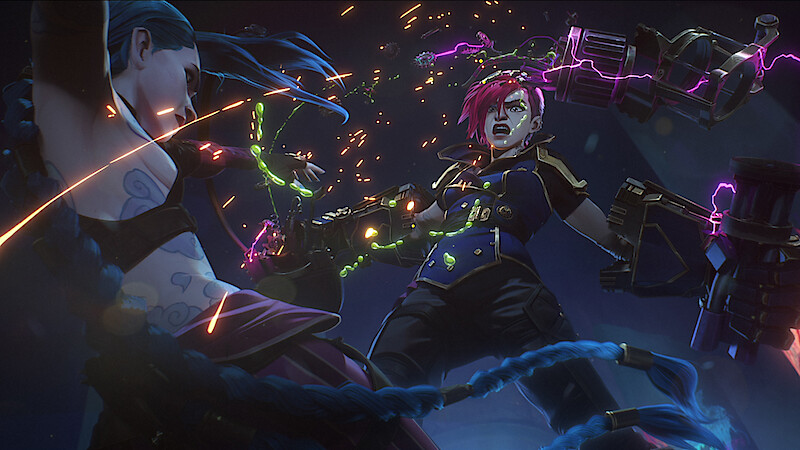What Happens When Bands Change Their Sounds?
September 5, 2021
Musicians are often defined by their musical aesthetics. It’s rare to find a band that doesn’t conform to a specific genre or style.
That may be the reason why bands that change their sound or aesthetics drastically do so at a risk. For some, changes can cause audiences to become disinterested. For others, changes can see the band become more popular than ever before.
Linkin New and Old Sounds
Linkin Park became known for their unique brand of electronic rock music. Composed of screaming and vocals from lead singer Chester Bennington and overlaid with rap verses from supporting vocalist, guitarist, and keyboardist Mike Shinoda, Linkin Park has always delivered an unconventional sound.
With decades in the music industry and nearly as many albums, Linkin Park amassed a considerable following. But in 2017’s “One More Light,” the band took a turn from heavier sounds — such as those found in “Hybrid Theory” — and opted for more electronic and alternative and indie influences.
The result was a powerful album that shocked long-term audiences. “Heavy” (featuring Kiiara) and title track “One More Light” received radio play. In spite of this, there were scathing reviews and criticism of the band for stepping nearly into Pop music territory.
Tragically, lead vocalist Chester Bennington passed away following the album’s release. One More Light became a legacy for one of the most prolific rock bands of the century.
Unable to see where the band would have gone after “One More Light,” it’s safe to say that they have staying power in that album and those before it, for old and new fans alike.
A New Panic
Panic! At The Disco started in the music industry as a pop-rock group that became known online for heavily influencing early 2000’s emo culture. With 2005’s “A Fever You Can’t Sweat Out,” the band delivered lengthy song titles and racy lyrics. “I Write Sins Not Tragedies” became a popular track, receiving radio play and remaining one of the band’s most notable songs to date.
“Pretty. Odd.” kept much of the band’s earlier sound overlaid with lighter melodies and easy rhythms. After another album — and a change to the alternative genre — the band saw success with “Too Weird To Live, Too Rare To Die!” and the popular track “Miss Jackson” (featuring LOLO).
This album was a turning point, and the final album that saw P!ATD as a band rather than vocalist Brendon Urie’s solo project. “Death of A Bachelor” and “Pray For The Wicked” skyrocketed Urie into the mainstream, with the latter receiving several radio hits and positive media responses.
For the most part, P!ATD garnered more popularity than ever as a solo project. But it wasn’t received well by long-term fans and ultimately led to the creation of a different Panic! At The Disco overall.
New Chart Toppers
Officially emerging as a collaboration between high school friends Tyler Joseph and Josh Dun in 2012 with the release of “Vessel,” Twenty One Pilots quickly became an alternative music favorite. With Dun’s charismatic drumming and Joseph’s impressive rap and vocal styles, the band’s serious and reflective lyrics were able to hit home with fans.
Subsequent release “Blurryface” ensured that the band quickly approached popularity, and toured to the tune of sold out arena shows. Following a two-year hiatus, 2018’s “Trench” was released via cryptic messages on the band’s social media and a music video for “Jumpsuit.” “Trench” paid homage to the old sound of Twenty One Pilots for the most part, but still seemed to be stepping away from the “ukulele screamo” of its predecessor.
With the release of “Scaled and Icy” in early 2021, the band altogether shed the darker themes of previous albums in favor of upbeat music that was more enticing to a variety of audiences. TOP is more popular than ever, but the reviews are heavily mixed. Most reviews cite the album as a mix of good and bad takes that didn’t quite hit the mark for an entire album.
Mainstreams vs. Obscurities
When musicians make the choice to change their sound — especially established groups such as those mentioned above — they take a risk in hope of gaining a reward.
Sacrificing the abstract obscurities of sound in favor of the floral mainstreams is not always well-received and can ultimately do more harm than good for the musicians that are brave enough to try something new. But it also proves that putting musicians and genres into boxes can stifle the potential for evolving and dynamic sounds that the industry could benefit from.








